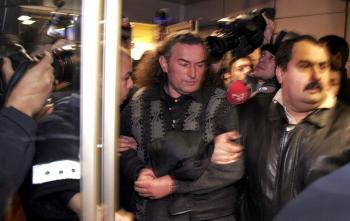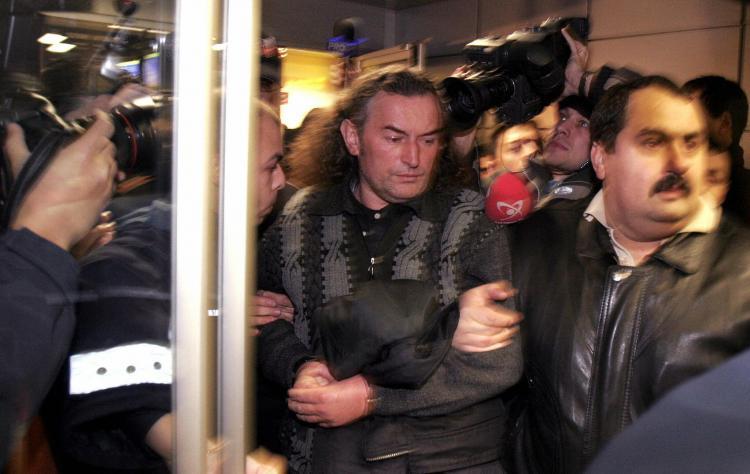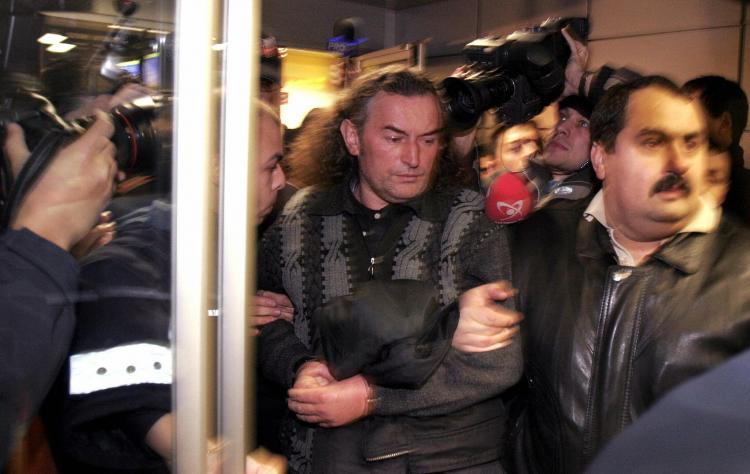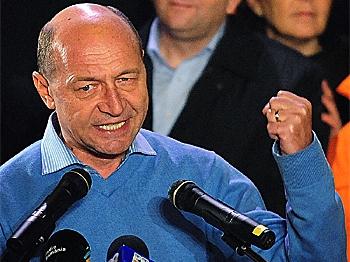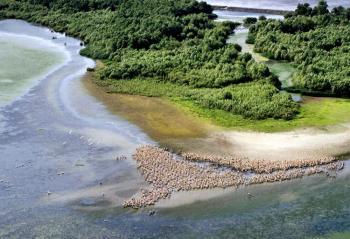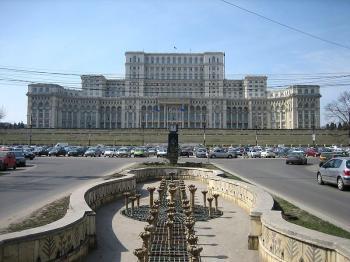Former Romanian President Ion Iliescu is no longer being investigated for the June 13–15, 1990 incident when miners attacked protesting students on orders from their government.
The violent incidents were dubbed the Mineriads.
Investigations began in 2005 that could have led to Iliescu’s trial on several charges, possibly landing him life in prison.
His charges included crimes against humanity, accessory to murder and revolt, censorship, war propaganda, genocide, inhuman treatment, and complicity to torture.
All charges were dropped a few days ago, as prosecutors were unable to find conclusive evidence of these felonies for a variety of technical reasons, including lack of evidence to prosecute.
The Revolt
The 1989 Romanian Revolution began as a popular revolt in Timisoara, but after their former communist president Ceauescu was overthrown (and eventually executed,) Iliescu and a few other second-rank communists seized power and created an organization named National Salvation Front (FSN).
Iliescu was quickly acknowledged as the leader of the organization and received provisional authority.
His proposal was an original democracy.
This is widely accepted to have meant the adoption of Perestroika-style reforms rather than the complete removal of existing institutions.
Mikhail Gorbachev and the rest of the Soviet leadership gave the new regime a warm reception.
Allegations Against Iliescu
Iliescu and other figures in the leading FSN were allegedly responsible for calling the Jiu Valley miners to Bucharest on January 28 and June 14, 1990.
The miners were sent to end the protests of the citizens—mainly students—gathered in the University Square. The protests were targeted against the ex-communist leaders of Romania.
The derogatory term used to describe this demonstration was the Golaniad (rascal in Romanian).
The miners descended on the capital, armed with wooden clubs and bats. They attacked the protesters. They also trashed the University Square of Bucharest, various museums, and the headquarters of opposition parties.
The miners’ violence led to an official figure of at least six dead, although some sources estimate figures between 200 and 300 dead. At least 5,000 were injured.
Official Explanations
Official press reports said the protesters were holding an unauthorized demonstration—which was allowed to go on for days—and were wielding undemocratic ideals and anarchist slogans, as well as being a danger to public health.
Iliescu later thanked the miners, saying “I thank you for all you’ve done these past few days, in general for your attitude of high civic conscience.”
He expanded on this, claiming a right-wing liberal, neo-fascist, international conspiracy had attempted to usurp legitimate power and the destruction of the progressive left within Romania.
Pardon of the Miners’ Leader
On December 15, 2004, just prior to the end of his term, Iliescu pardoned Miron Cozma, the leader of the miners during the early 1990s. Cozma had been sentenced in 1999 to 18 years in prison, in conjunction with another Mineriad in 1991.
The pardon brought harsh criticism from all Romanian media.
The United States Embassy released a press statement calling the pardon “a surprising and worrying act.” The EU Delegation’s head in Bucharest, Jonathan Scheele, said, “I am as surprised as anyone by the president’s last decision!”
In June 2005, Miron Cozma was freed from prison on the basis of Ion Iliescu’s pardon but he was taken back into custody. The official statement said he was being detained in connection to crimes he committed while in prison.
The legality of the pardon decree is still under scrutiny.
